Call me impressed by Call Me Bill
By Dan Brown
Call Me Bill is an intriguing graphic novel that provides one possible answer to a question posed long ago: Why would a young woman who drowned in a maritime disaster off Canada’s East Coast in 1873 be dressed up as a male sailor when her remains were recovered?
It’s former Londoner and current Nova Scotia resident Lynette Richards who supplies that answer, sketching a history – bolstered by newspaper accounts from back in the day – of the S.S. Atlantic crew member who went by the name of Bill.
This book transported me back to the 1870s, with its sparse lines, washed-out grey tones and accurate, period-specific dialogue.
“I didn’t know Bill was a woman,” a fellow sailor tells newspaper reporters after the ship hits rocks and sinks close to shore. “He used to take his grog like all the rest and was always begging and stealing licorice. He was a good fellow and I’m shocked that he was a woman.”
As a starting point, Richards – whose usual medium is stained glass – imagines a New Jersey farm girl named Maggie Armstrong whose time “playing the tomboy” is put to an end by a stern stepmother who demands she must finally “dress and behave like a lady.”
Having left home, and after a series of high-seas adventures, Bill has the bad fortune to be on the deck of the Atlantic the night it sinks. The sinking was huge news at the time, but got overshadowed in the history books by the Titanic, which went down a few decades later. (Oh, and for the record, Call Me Bill would make an AMAZING movie.)
How evocative is Call Me Bill? In one panel, which sets forth part of a trip Bill took to England prior to joining the crew of the Atlantic, two starving rats have the most pained looks on their faces, as vivid a portrayal of animal suffering as I’ve ever come across. Richards has an impressive ability to evoke sympathy for her characters.
That kind of symbolism runs through the whole book, as when another sailor explains to Bill how seals called selkies are believed by mariners to be able to come ashore, assuming the form of humans females on dry land.
“The seals gaze at me as if they know my deepest secrets,” Bill thinks, seeing their sad eyes.
And early in the story, there is a moment of reflection on a trestle bridge after Bill runs away from home: “Behind me was my past, ahead my future. The river babbled like many voices.” Bill plunges ahead into an uncertain future, not knowing that doom awaits on the other side.
Although it is published by Emanata, the young-adult imprint of East Coast publisher Conundrum Press, Richards never talks down to her readers in Call Me Bill.
And as a stirring chapter in our country’s history of maritime disasters, I put Call Me Bill right up there with the Gordon Lightfoot song Wreck of the Edmund Fitzgerald.
It moved me that much.
Dan Brown has covered pop culture for 30 years as a journalist and also moderates L.A. Mood’s monthly graphic-novel group.



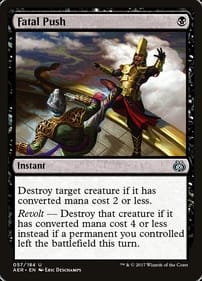
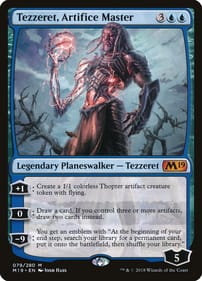
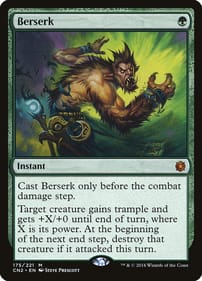
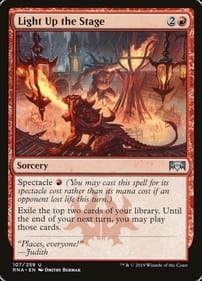
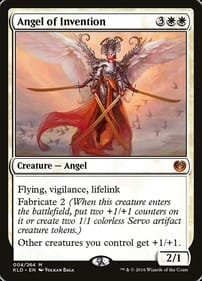
Leave a comment